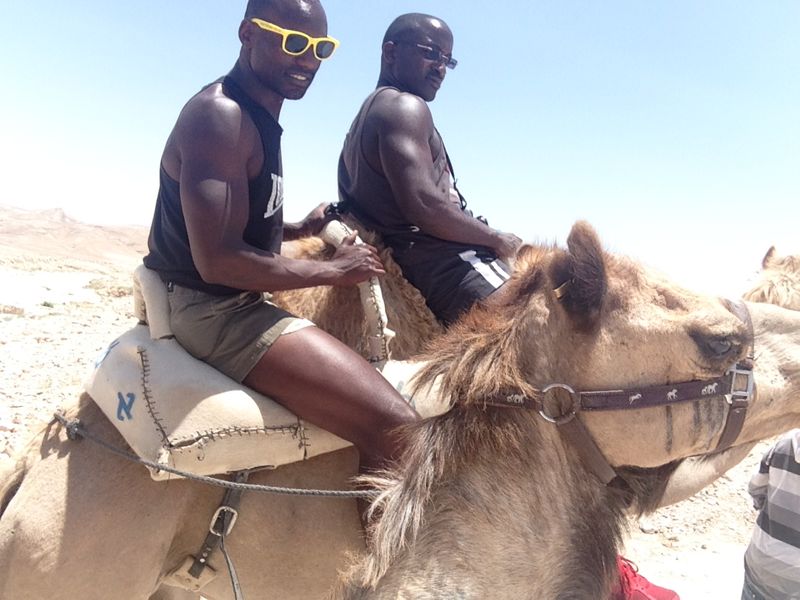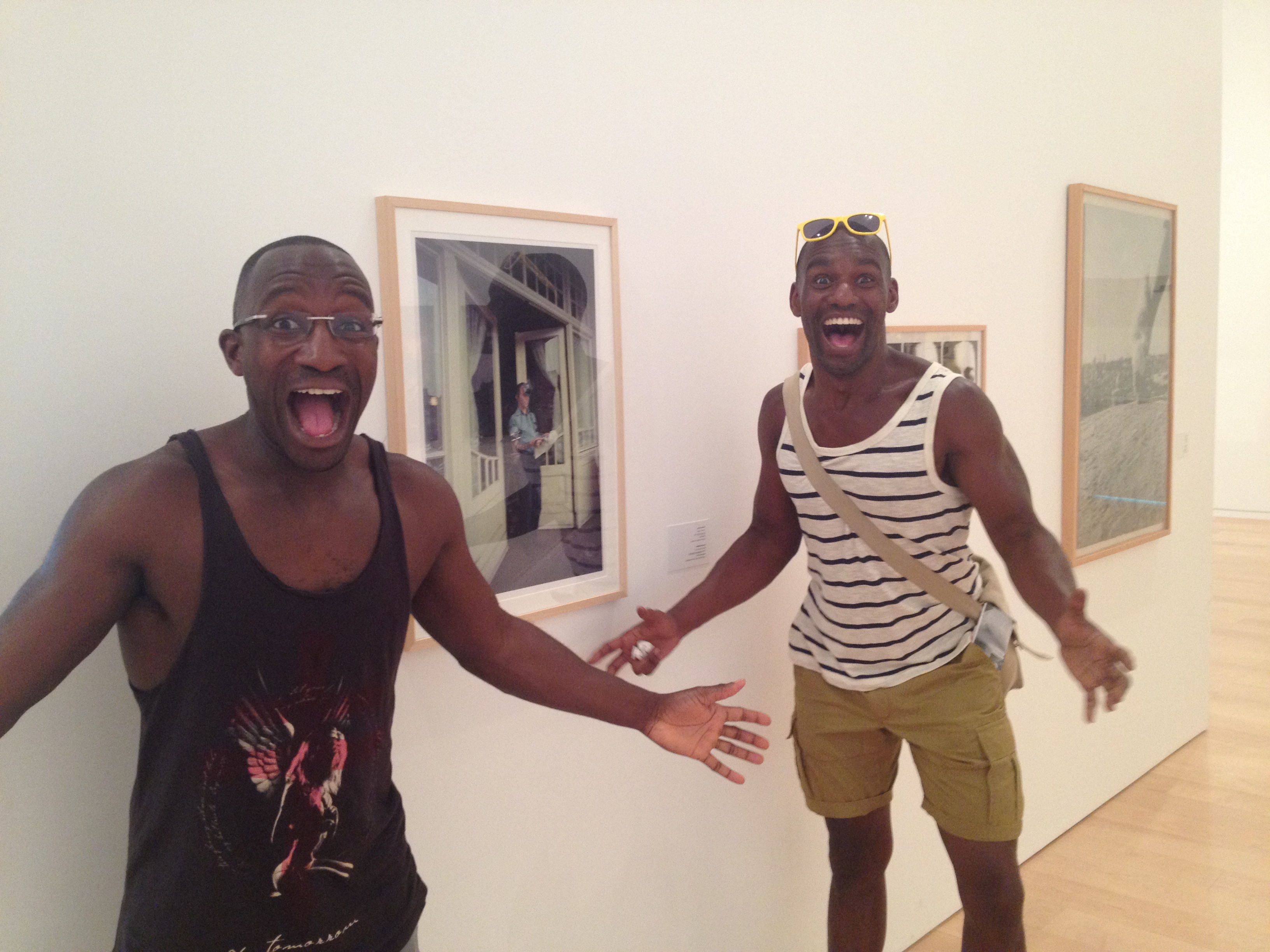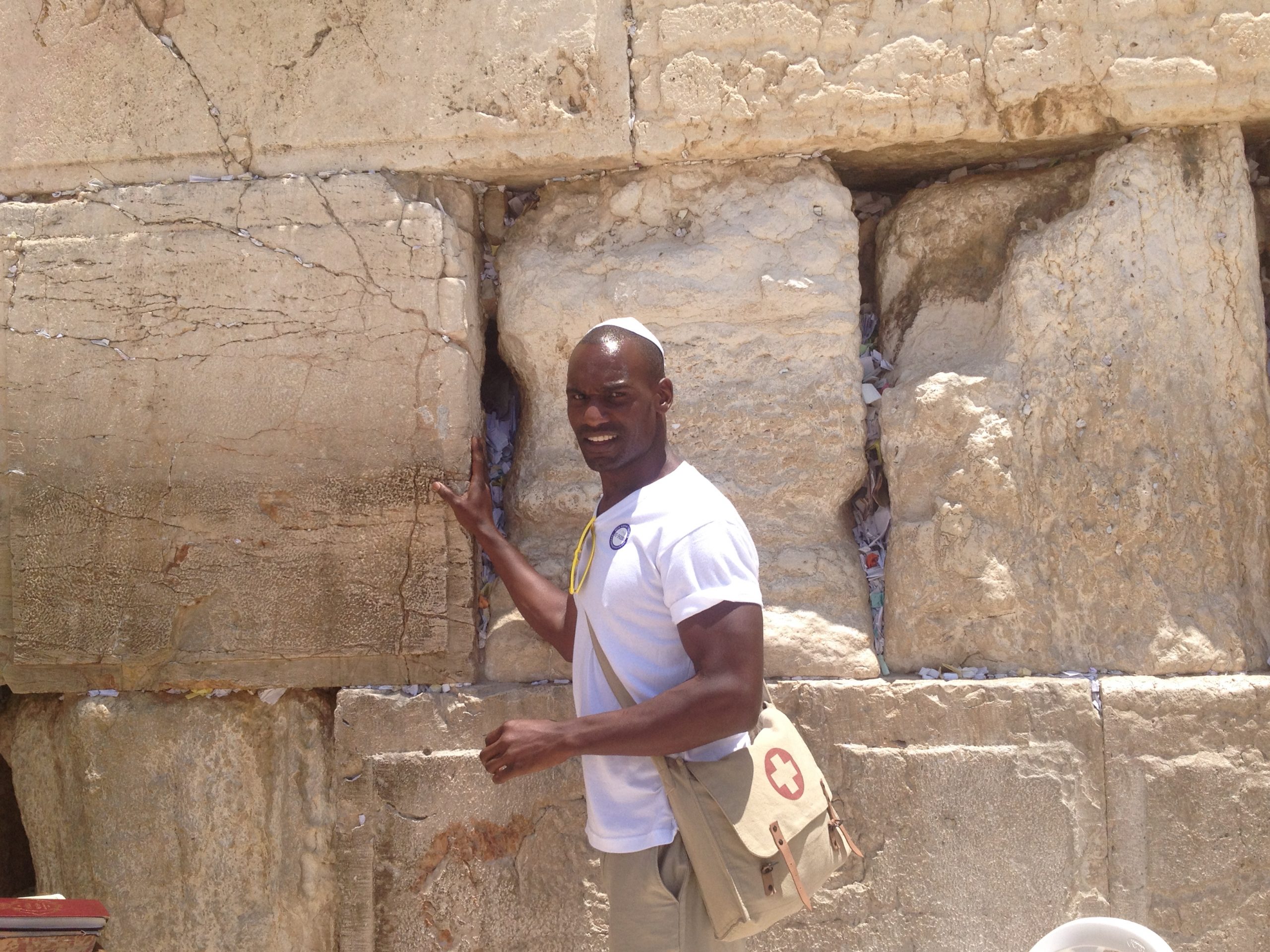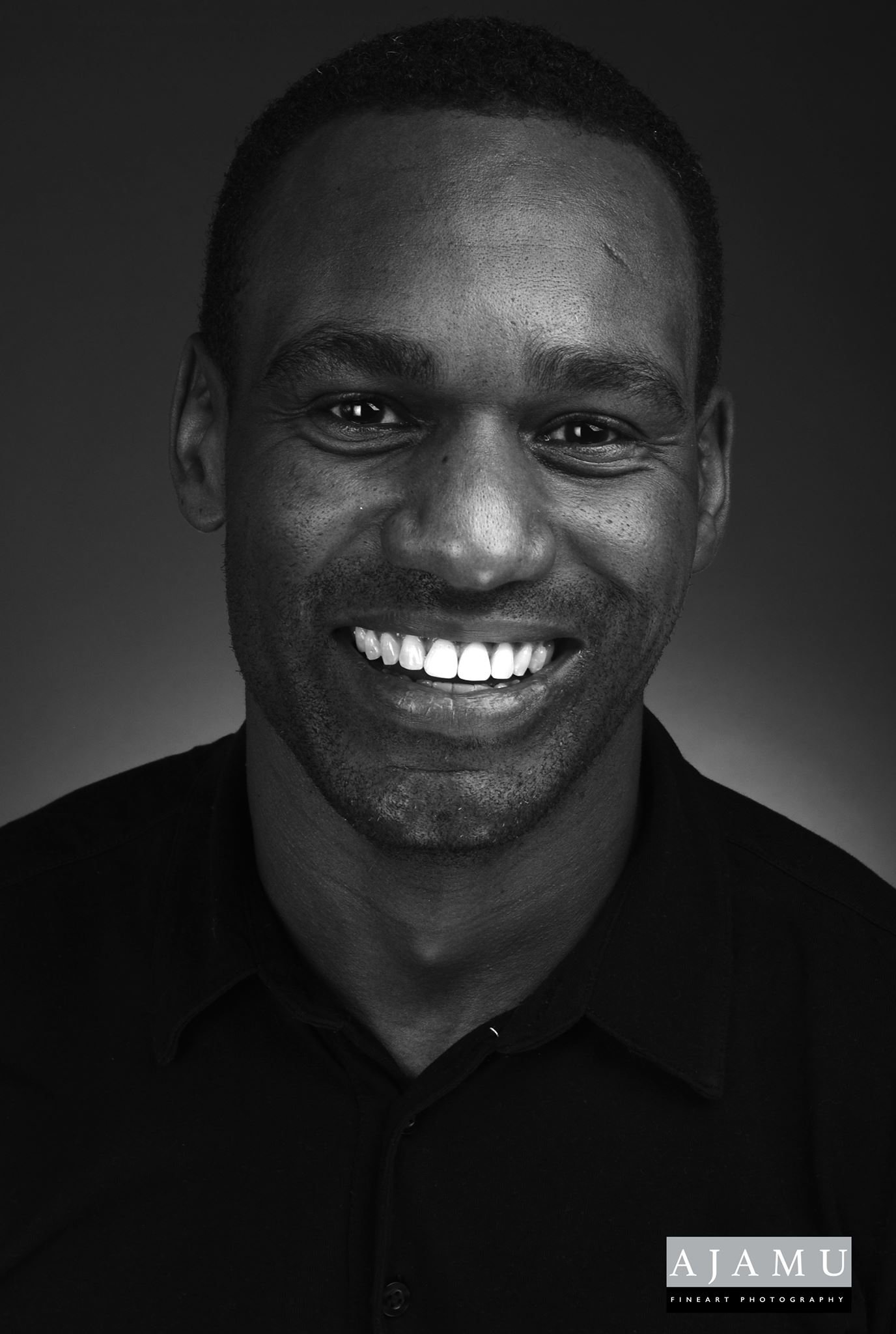I was asked to be the Best Man; a huge honour. I was present when the couple met on the dance floor. I also endured more than 2 hours of boredom as they kissed on that dance floor. It was beautiful really; to see love at first sight; up close and personal. And so when they asked, I gleefully accepted their invitation to be a part of their special day; that was until they told me where they wanted to go: Israel; Tel Aviv Pride to be exact.
I have a political position on Israel’s Occupation albeit not too vocal. I’m also generally less enthusiastic about Pride celebrations because for me something has been lost in the Western locations in which I’ve experienced Pride; namely the politics; replaced by consumerism and hedonism. I don’t stand on any soapbox regarding Israel’s Occupation or Gay Pride Parades but I was surprised by my mate’s lack of awareness of how problematic is was for me to visit Israel let alone take part in Tel Aviv’s Pride celebrations.
At the core of my reluctance and what sat alongside my quasi-political conflict was being the only Black man in a group of eight gay men. I went through a lengthy period of reflection and soul-searching. Should I stay true to my political beliefs or disappoint my mates; one of which I’ve known for more than ten years and who I count among my closest friends on the planet. I decided to go. And when my sistah [a term I use in reference to my close Black gay male friends] agreed to go [as he too was a good friend of the couple]; I was hugely relieved.
The coupled wanted us to arrive in Tel Aviv a week before Pride. Initially I planned not to attend the Pride Parade but to depart Israel after the celebration of my mate’s relationship. The option not to attend Pride became less feasible when looking at the cost of flights at the start of Pride; the Pink Pound effect; inflating prices as it does. And so I resigned myself to full participation with my sistah. However as the Best Man I also wielded my power. I insisted on an itinerary of cultural activities that included swimming in the Dead Sea; a visit to Jerusalem; and of course a visit to the Occupied Territories namely Bethlehem in the week leading to the Pride Parade and related celebrations.
After arriving in Tel Aviv my initial impression was how safe and secure it felt. Within Tel Aviv; this safe zone; this bunker [if you will] within Israel; Israelis shopped, ate out, cycled, jogged, and consumed more than just about any place I’ve been in the West. Generally the sense of normality afforded by the military occupation and suppression of Palestinians meant that Israelis were secure and ‘free’ to consume which made parts of Tel Aviv feel like parts of America.
As a Black man I certainly experience being stared at when traveling; part of being a Black tourist particularly when one chooses to visit countries with small Black populations and a limited history of multiculturalism more broadly. But in Tel Aviv the staring was intense and on another level all together.
I shared a flat with my sistah and on the second day when we were about to leave the flat to meet the group, my sistah sarcastically cried; ‘oh Antoine, give me a minute; I’m not sure I can handle rock star status today’; so much was the blatant invasive and somewhat disturbing way in which people stared at us when we walked the streets. Feelings of discomfort and disease proved frivolous when compared to how I felt when I was called and/or referred to as a ‘nigger’ more times in two weeks than 10 years prior; 15 perhaps. On one of these occasions as we walked into a bar, a man with his arm stretched out walked toward us and proclaimed; ‘I love niggers.’ It was truly surreal and later my sistah said he saw the entire scene in slow motion. When I rejected the dude’s attempt to hug me and assertively told him to stay away from me, he declared; ‘oh you’re Americans, that’s why you’re so sensitive.’
What was more disturbing than being called ‘nigger’ so frequently was that those around me: Israelis; did nothing; and said nothing. When I expressed my frustration at hearing this word, instead of acknowledging my experience; it was turned back on me with assertion that ‘you’re being too sensitive’ or ‘it wasn’t intended the way you took it’. As if the intention should be more important than how I feel upon hearing the word and the heavy history associated with it. I was particularly upset to hear this in Israel; a country and a people who have ensured that the entire Western world knows their oppression; knows their Holocaust above all other genocides. How does such an educated population with a long history of oppression not know a basic component of Black oppression? And why would educated Jews defend those who use such language? These were central questions for me during my time in Israel.
With the exception of my sistah whom himself experienced Israel much like me, I choose not to share much of the negative and racist experiences I had in Israel with the other people in my party. At times I reckon this is ‘that thing’ we do; not to articulate the full frustration of our racial experiences; in exchange for less conflict and tension caused by the reality of racism; or in this case; a desire for my mates to have a nice time. I was surprised and at times quite annoyed with myself for having offered this concession.
 Maya Angelou died a few months before my trip and her spirit and indeed her words were with me during my time in Israel; her poem ‘Still I Rise’ in particular. She says:
Maya Angelou died a few months before my trip and her spirit and indeed her words were with me during my time in Israel; her poem ‘Still I Rise’ in particular. She says:
Does my sassiness upset you?
Why are you beset with gloom?
‘Cause I walk like I’ve got oil wells
Pumping in my living room.
I said these words to myself as I walked the streets of Tel Aviv because the looks; the scowls; focused eyes; communicated confusion and conflict. They had never seen a confident Black man up close. And I understood as much when I engaged with the few Black people I met. During these encounters I was reminded of Maya’s words again when she said:
Did you want to see me broken?
Bowed head and lowered eyes?
Shoulders falling down like teardrops.
Weakened by my soulful cries.
I swear I could feel brokenness and a clear resignation of second class status among the Black and Brown faces I saw and in the voices of those with whom I engaged. I wanted to scream out; I wanted them to scream out with me; more of Maya’s words:
You may shoot me with your words,
You may cut me with your eyes,
You may kill me with your hatefulness,
But still, like air, I’ll rise.
Israel is a place in which notions of freedom and liberty appear to be a part of a national discourse; along with notions of safety and security. In Israel I felt secure primarily due to an obvious military presence. In preparation for my visit I expected this . So I wasn’t surprised to see people in uniform carrying big guns; many of whom were young women which did surprise me. And I certainly experienced a form of freedom in Israel; freedom to spend and consume primarily! But my liberty and safety and indeed a sense of personal security were all very much undermined. This undermining; this weakening; this brokenness; is what racism does to a person over time. But ‘still I rise’; and thankfully we rose high above Israel on a plane that took us back to the UK.
http://www.blackpalestiniansolidarity.com/





Leave a Reply